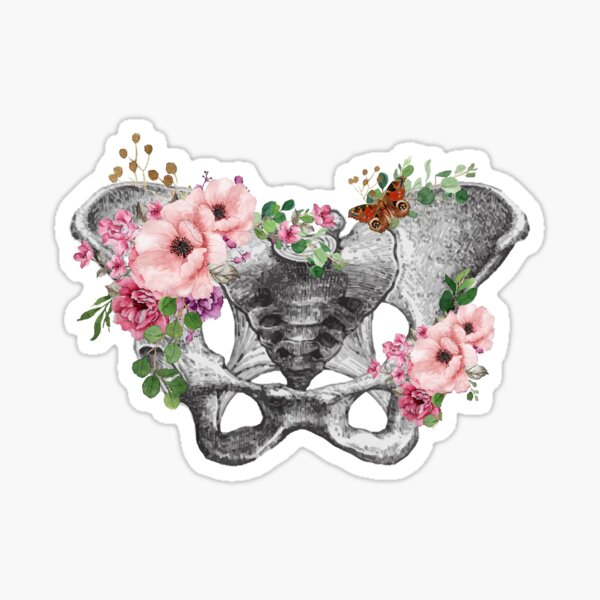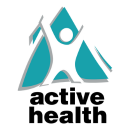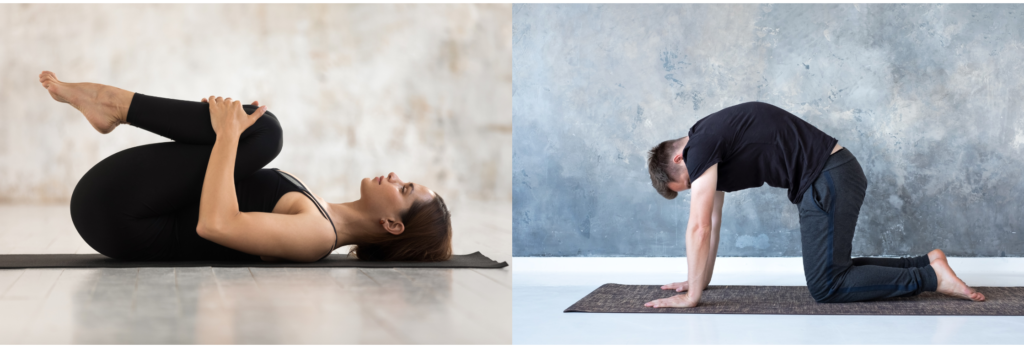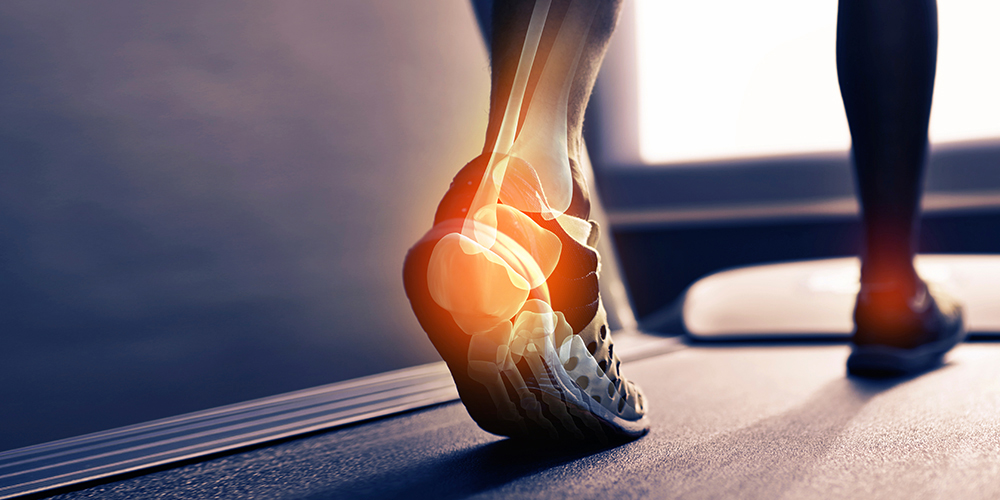
What is Pelvic Health Physiotherapy?
.This is the first in a series of posts about Active Health’s Pelvic Health Physiotherapy program designed to improve awareness and understanding of pelvic health physiotherapy.
So what exactly is Pelvic Health Physiotherapy?
Pelvic Health Physiotherapy is physiotherapy designed to ease symptoms related to various pelvic health issues for both women and men. It is a specialized type of physiotherapy delivered by physios with extra training in pelvic health, in addition to their physiotherapy qualifications.
Pelvic health issues in physiotherapy generally fall into 2 categories: those associated with pregnancy and the postnatal period, and those associated with other pelvic health symptoms, such as concerns with the bladder, bowel, prolapse, pain or sexual activity, or related to surgery and/or cancer in the pelvic area. Of course there often is an overlap between these 2 categories!
Pelvic Health Physiotherapy; pre natal & post natal
Pelvic Health Physiotherapy during pregnancy and following childbirth is designed to both support the body as it changes during pregnancy, and to assist with recovery. Through exercise, muscular support during all of the trimesters can be optimized, women learn how to connect with their pelvic floor to aid with labor and delivery, and the pelvic floor and core can be rehabilitated after delivery.
Pelvic Health Physiotherapy also address various musculoskeletal or pelvic floor concerns that may occur before or after the baby is born. These can include pelvic/hip/back pain, bladder or bowel issues, difficulty moving and walking to name a few. It is highly recommended to have a pelvic floor check around 6 weeks following delivery to screen for any potential injuries, and to help to guide exercise and return to sports and fitness. More on this to come in a future post….
What else we can offer;

There is a large body of evidence to support the use of physiotherapy for conditions such as pelvic floor dysfunction, pelvic pain, bladder or bowel dysfunction, pelvic organ prolapse and sexual dysfunction. These methods may include hands on techniques, exercises for strengthening or release, education for bladder, bowel habits and lifestyle factors, release of scar tissue and connective tissue, functional dry needling and more. In addition, some pelvic health physios are trained to fit pessaries. These are medical devices designed to support the pelvic organs in conditions such as prolapse and some forms of bladder leakage. pelvic health physiotherapy near me
Pelvic Health Physiotherapy may also ease symptoms and help the management of pelvic pain. Conditions such as endometriosis, painful bladder syndrome (interstitial cystitis), vulvodynia and chronic pelvic pain. Due to a body of research demonstrating pelvic floor muscle involvement in these conditions, many health professionals are therefore including pelvic floor physiotherapy as a vital part of their patient’s medical care. All of our pelvic health physiotherapists have both musculoskeletal training and pelvic floor training, which is essential when treating the complexities of pelvic pain. See more about this page women’s pelvic health physio.
For a more detailed list of conditions that can be helped with Pelvic Health Physiotherapy click here
If you suffer from any of these pelvic health symptoms, or would like help and guidance during pregnancy or postnatally please contact us to see one of our Pelvic Health team in Christchurch and Rangiora.






Recent Comments